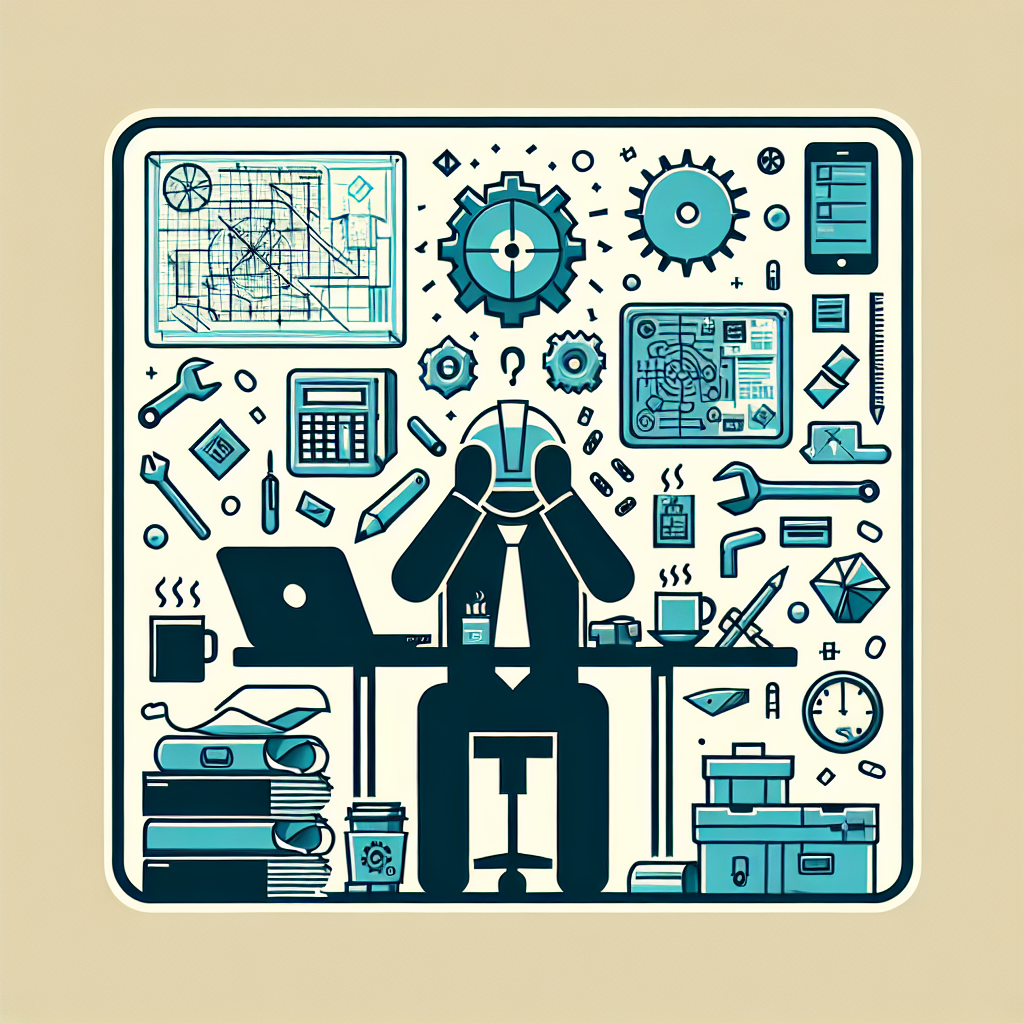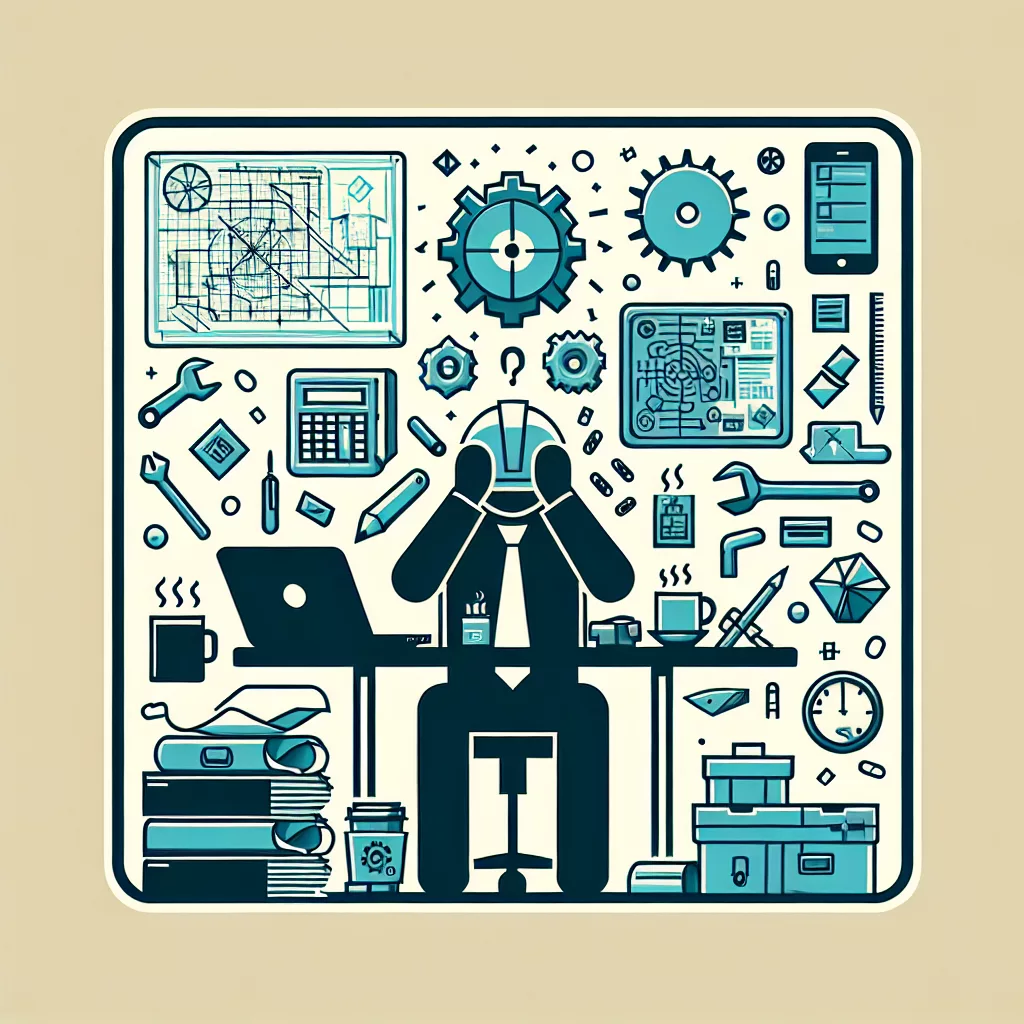The demanding nature of field engineering roles often leads to elevated burnout risks. Long hours, constant travel, and complex problem-solving can feel overwhelming.

- Frequent travel leading to personal life disruptions.
- Long and irregular work hours.
- High-pressure environments with tight deadlines.
- Lack of control over work schedules.
- Physical demands and harsh conditions.
- Isolation from family and social support networks.
- Unpredictable work environments and circumstances.
Current data indicates that career burnout statistics for Field Engineers are assessed as being at a Moderate level.
Reasons Field Engineers burnout
According to the science to date there are key reasons people burnout at work. Here’s our top reasons why Field Engineer in the Technology category has a burnout risk of Moderate:
High Workload: Field engineers often face demanding workloads. Constant travel and tight deadlines can lead to exhaustion. Managing multiple projects simultaneously without adequate support exacerbates this.
Unpredictable Schedules: Unforeseeable system failures require immediate attention, disrupting work-life balance. Such emergencies can extend working hours, leading to chronic fatigue.
Isolation: Due to the nature of their jobs, field engineers frequently work alone. This isolation can lead to emotional strain and a lack of workplace camaraderie, which is crucial for morale.
Physical Strain: The job requires engineers to work in various demanding environments. Physical exertion, combined with irregular hours, can negatively impact overall health and well-being.
Lack of Recognition: Often, the efforts of field engineers go unnoticed. Insufficient acknowledgment or appreciation can diminish motivation and increase feelings of being undervalued.
Constant Adaptation to Technology: Rapid technological advancements require continuous learning. This pressure to constantly upskill can be overwhelming, particularly when balancing other job demands.
Stress from Responsibility: Field engineers hold significant responsibility for system functionality. This can lead to high stress, especially when systems affect critical operations or client satisfaction.
Burnout rate data for Field Engineer/Technology
Burnout in the tech industry, including among field engineers, is a growing concern due to high demands and long hours. Field engineers often face intense work environments with frequent travel, which can exacerbate stress and burnout symptoms. A study published by Deloitte highlights that 77% of professionals have experienced burnout at their current job. Tech workers, in particular, report high levels of burnout, with factors such as insufficient support and work-life imbalance being significant contributors.
To gain reliable insights on this topic, you can refer to McKinsey’s extensive research on workplace wellness (https://www.mckinsey.com/business-functions/people-and-organizational-performance/our-insights/covid-19-and-the-employee-experience-how-leaders-can-seize-the-moment) and Deloitte’s survey on workplace burnout (https://www2.deloitte.com/us/en/insights.html). Both sources provide valuable data and strategies to mitigate burnout in high-pressure roles like those in technology.
Do you have experience of Burnout as a Field Engineer or in Technology?
Share your story about Field Engineer burnout on our share your story page.
Burnout in Technology
Career Burnout Rates > Burnout in Technology > Field Engineer Burnout


